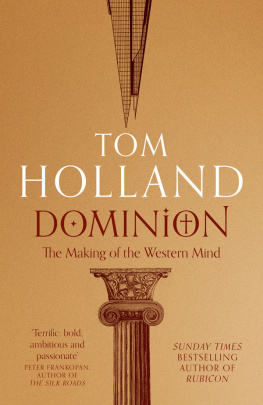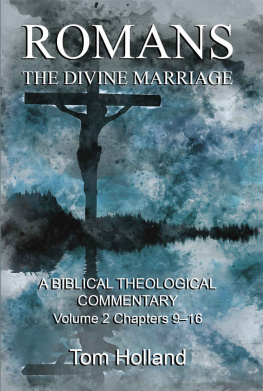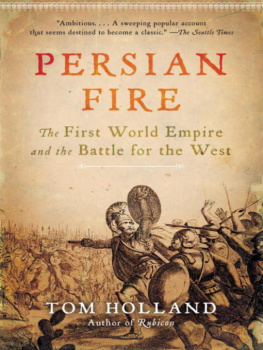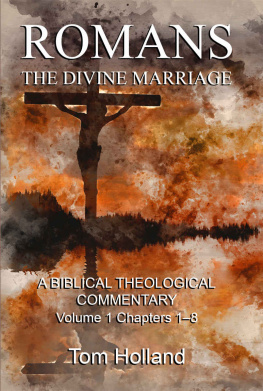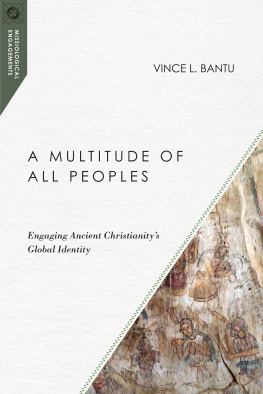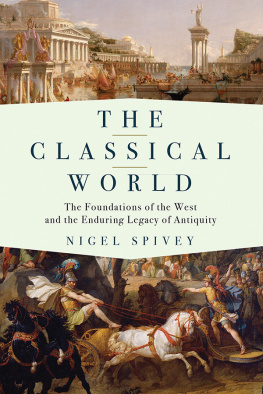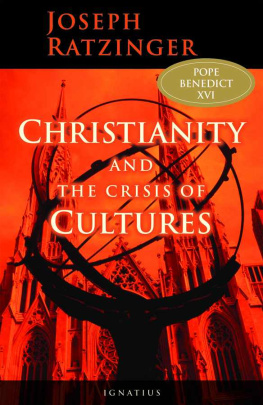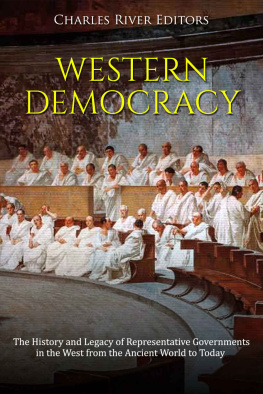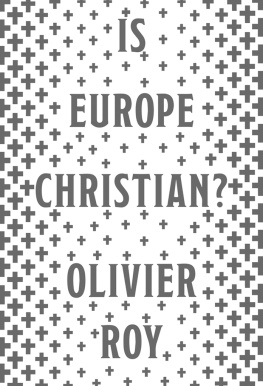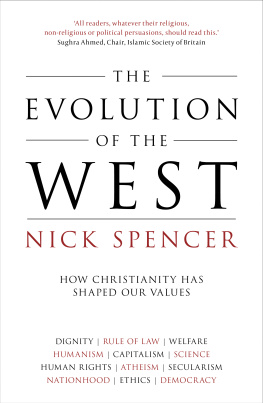Also by Tom Holland
RUBICON:
The Triumph and Tragedy of the Roman Republic
PERSIAN FIRE:
The First World Empire and the Battle for the West
MILLENNIUM:
The End of the World and the Forging of Christendom
IN THE SHADOW OF THE SWORD:
The Battle for Global Empire and the End of the Ancient World
DYNASTY:
The Rise and Fall of the House of Caesar

LITTLE, BROWN
First published in Great Britain in 2019 by Little, Brown
Copyright Tom Holland 2019
The right of Tom Holland to be identified as the author of this work has been asserted by him in accordance with the Copyright, Designs and Patents Act 1988.
All rights reserved.
No part of this publication may be reproduced, stored in a retrieval system, or transmitted, in any form or by any means, without the prior permission in writing of the publisher, nor be otherwise circulated in any form of binding or cover other than that in which it is published and without a similar condition including this condition being imposed on the subsequent purchaser.
Lyrics from All You Need is Love by John Lennon and Paul McCartney on p. ix Sony/ATV Music Publishing LLC.
A CIP catalogue record for this book is available from the British Library.
ISBN 978-1-4087-0697-8
Little, Brown
An imprint of
Little, Brown Book Group
Carmelite House
50 Victoria Embankment
London EC4Y 0DZ
An Hachette UK Company
www.hachette.co.uk
www.littlebrown.co.uk
In memory of Deborah Gillingham. Much loved, much missed.
CONTENTS
Love, and do as you will.
SAINT AUGUSTINE
That you feel something to be right may have its cause in your never having thought much about yourself and having blindly accepted what has been labelled right since your childhood.
FRIEDRICH NIETZSCHE
All you need is love
JOHN LENNON AND
PAUL MCCARTNEY
I owe a huge debt of gratitude to many people for their help and encouragement with the writing of this book. To my wonderful editors, Richard Beswick, Lara Heimert and Zoe Gullen. To Susan de Soissons, for all her advice and patience. To Patrick Walsh, best of agents. To all the many people who read sections or the entirety of the book while it was still a draft on a computer screen, or helped with questions: Richard Beard, Nigel Biggar, Piers Brendon, Fergus Butler-Gallie, Paul Cartledge, Thony Christie, Caroline Dodds-Pennock, Charles Fernyhough, Dimitra Fimi, John Fitzpatrick, Peter Frankopan, Judith Gardiner, Michael Goldfarb, James Hannam, Damian Howard, Larry Hurtado, Christopher Insole, Julia Jordan, Frank McDonough, Anthony McGowan, Sean Oliver-Dee, Gabriel Said Reynolds, Alec Ryrie, Michael Snape, Guy Walters, Keith Ward, Tim Whitmarsh and Tom Wright. To Bob Moore, for writing the books which first helped to stimulate my interest in the themes explored in this book, for his immense generosity, and for his readiness to read the chapters as they were written. To Jamie Muir, for being as he has ever been the first to read the manuscript when it was completed, and the most stalwart of friends. To Kevin Sim, for indulging me, and never wearying of hearing me out. To Charlie Campbell and Nicholas Hogg, for their great feat of resurrection, without which the years I have spent writing this book would not have been half as enjoyable. To Sadie, my beloved wife, and Katy and Eliza, my equally beloved daughters. Their price is far above rubies.
picked the bodies clean. Nowhere else in Rome was the process of gentrification quite so dramatic. The marble fittings, the tinkling fountains, the perfumed flower beds: all were raised on the backs of the dead.
The process of reclamation, though, took a long time. Decades on from the first development of the region beyond the Esquiline Gate, vultures were still to be seen there, wheeling over a site named the Sessorium. This remained what it had always been: the place set aside for the execution of slaves.
Nevertheless, while the salutary effect of crucifixion on those who might otherwise threaten the order of the state was taken for granted, Roman attitudes to the punishment were shot through with ambivalence. Naturally, if it were to serve as a deterrent it needed to be public. Nothing spoke more eloquently of a failed revolt than the sight of hundreds upon hundreds of corpse-hung crosses, whether lining a highway or else massed before a rebellious city, the hills all around it stripped bare of their trees. Even in peacetime, executioners would make a spectacle of their victims by suspending them in a variety of inventive ways: one, perhaps, upside down, with his head towards the ground, another with a stake driven through his genitals, another attached by his arms to a yoke. It was this disgust that crucifixion uniquely inspired which explained why, when slaves were condemned to death, they were executed in the meanest, wretchedest stretch of land beyond the city walls; and why, when Rome burst its ancient limits, only the worlds most exotic and aromatic plants could serve to mask the taint. It was also why, despite the ubiquity of crucifixion across the Roman world, few cared to think much about it. Order, the order loved by the gods and upheld by magistrates vested with the full authority of the greatest power on earth, was what counted not the elimination of such vermin as presumed to challenge it. Criminals broken on implements of torture: who were such filth to concern men of breeding and civility? Some deaths were so vile, so squalid, that it was best to draw a veil across them entirely.
The surprise, then, is less that we should have so few detailed descriptions in ancient literature of what a crucifixion might actually involve, than that we should have any at all. these, over the course of Roman history, were the common lot of multitudes.
Decidedly not the common lot of multitudes, however, was the fate of Jesus corpse. Lowered from the cross, it was spared a common grave. Claimed by a wealthy admirer, it was prepared reverently for burial, laid in a tomb and left behind a heavy boulder. Such, at any rate, is the report of all four of the earliest narratives of Jesus
The utter strangeness of all this, for the vast majority of people in the Roman world, did not lie in the notion that a mortal might become divine. The border between the heavenly and the earthly was widely held to be permeable. In Egypt, the oldest of monarchies, kings had been objects of worship for unfathomable aeons. In Greece, stories were told of a hero god
Divinity, then, was for the very greatest of the great: for victors, and heroes, and kings. Its measure was the power to torture ones enemies, not to suffer it oneself: to nail them to the rocks of a mountain, or to turn them into spiders, or to blind and crucify them after conquering the world. That a man who had himself been crucified might be hailed as a god could not help but be seen by people everywhere across the Roman world as scandalous, obscene, grotesque. The ultimate offensiveness, though, was to one particular people: Jesus own. The Jews, unlike their rulers, did not believe that a man might become a god; they believed that there was only the one almighty, eternal deity. Creator of the heavens and the earth, he was worshipped by them as the Most High God, the Lord of Hosts, the Master of all the Earth. Empires were his to order; mountains to melt like wax. That such a god, of all gods, might have had a son, and that this son, suffering the fate of a slave, might have been tortured to death on a cross, were claims as stupefying as they were, to most Jews, repellent. No more shocking a reversal of their most devoutly held assumptions could possibly have been imagined. Not merely blasphemy, it was madness.
Next page
